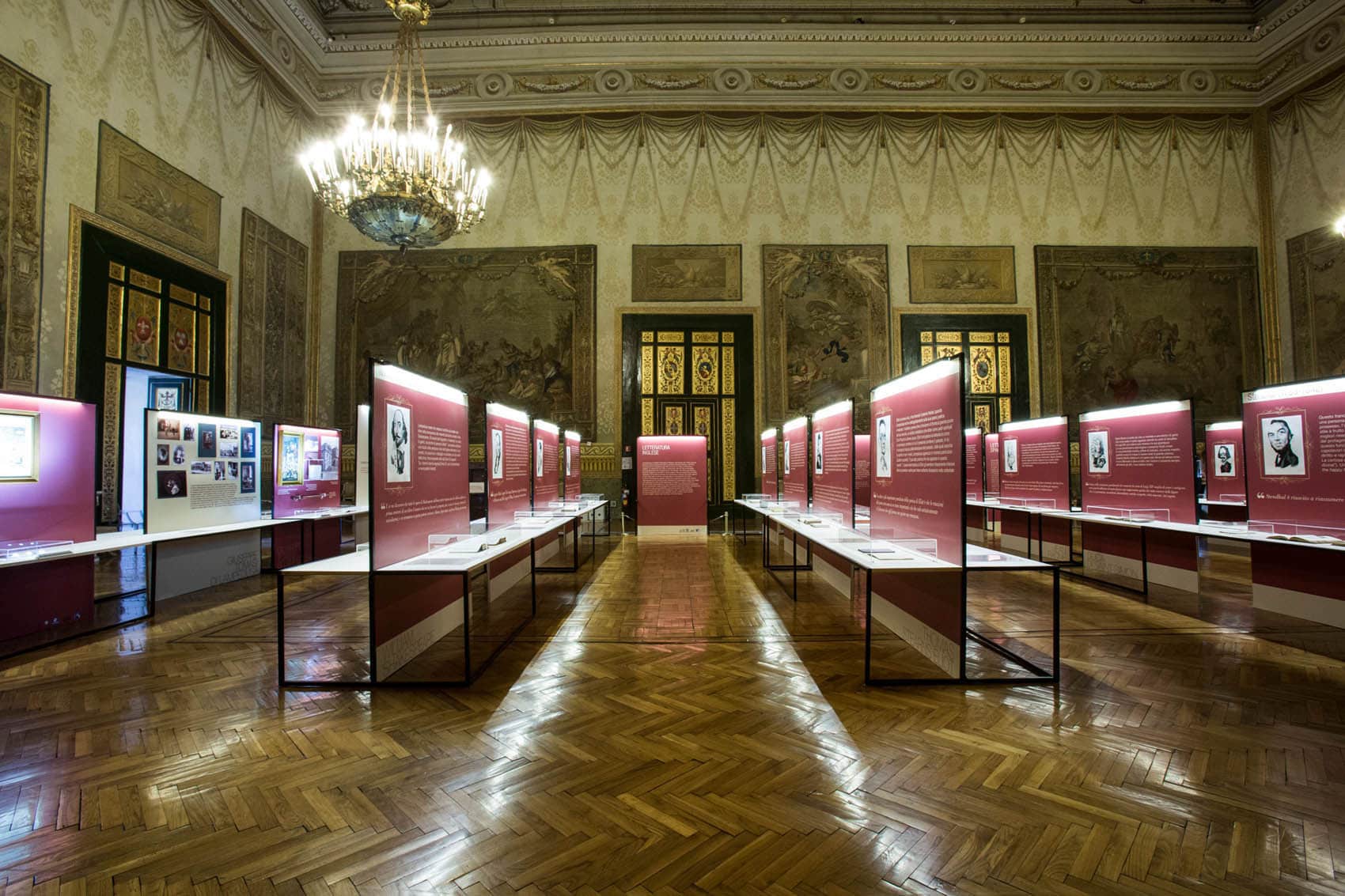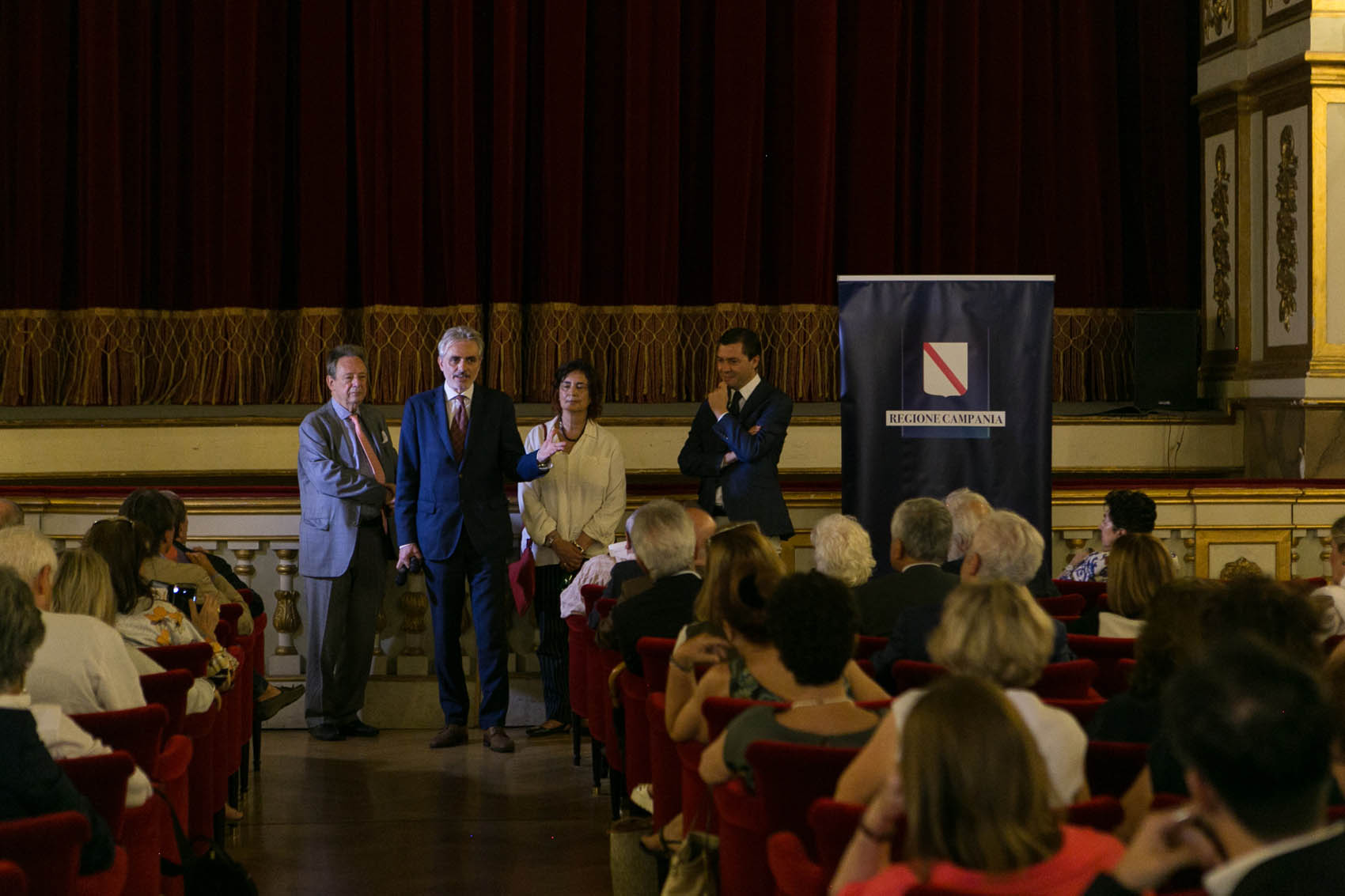Ph Salvatore Pastore – Salvatore Minopoli
by Gioacchino Lanza Tomasi and José Vicente Quirante Rives
coordination Kalimera estudio
drawings Fernando Vicente
Design Vincenzo Pastore
editing to be defined
graphic project Cinzia Marotta
pictures Mondadori Portfolio
transport Impastato Salvatore
insurance to be defined
organization and promoters to be defined
translation Ilaria Di Domenico
production Fondazione Campania dei Festival – Napoli Teatro Festival Italia
in collaboration with Palazzo Reale
thanks Nicoletta Polo
inauguration and opening june 2018 H 12:00
opening hours 9.30-16.30
closed on Wednesday
the exhibition is free and is included in the Royal Palace ticket, as part of the museum itinerary
Salone d’Ercole, Palazzo Reale, Napoli
from June 8 to July 10
Giuseppe Tomasi di Lampedusa wrote one of the greatest masterpieces of twentieth century literature, Il gattopardo. In 1963 Luchino Visconti drew his homonymous film, starring Claudia Cardinale, Alain Delon and Burt Lancaster, who won the Palme d’Or at the Cannes Film Festival that year. But Lampedusa wrote only during the last three years of his life, while he was always an extraordinary and perspicacious reader. This exhibition presents the courses of English and French literature that Lampedusa wrote for Francesco Orlando in the post-war Palermo, and also the Spanish literature he read together with Gioacchino Lanza di Mazzarino, who will become his adopted son. “Reading well to live better”, this is the message that Lampedusa, after the disappointments of life and the bombing of the family palace during World War II, wanted to transmit to the young people. Manuscripts, personal objects, photographs and books from his personal library offer an unprecedented vision of the Sicilian writer who makes us better understand his passion for literature and his masterpiece, Il Gattopardo. The exhibition, where you can appreciate the lessons of English literature (from Shakespeare to TS Eliot), French (from Rabelais to Stendhal) and Spanish (from Cervantes to García Lorca), presents an exceptional reader to remember today the importance of culture European.


![CTF25_2560x500-px[34]](https://campaniateatrofestival.it/wp-content/uploads/2025/03/CTF25_2560x500-px34.jpg)
![CTF25_1200x558-px[52]](https://campaniateatrofestival.it/wp-content/uploads/2025/03/CTF25_1200x558-px52.jpg)



















